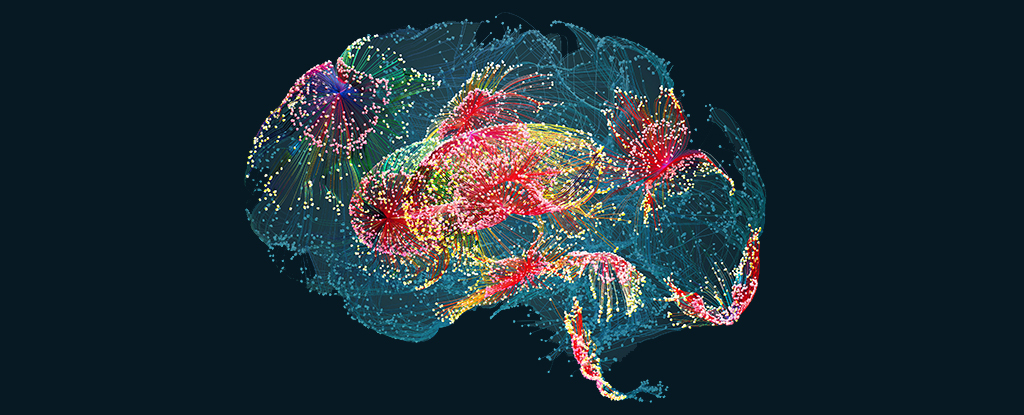You must log in or # to comment.
Let me guess…
- not very accurate
- needs to be trained on an individuals brain.
Although DeWave only achieved just over 40 percent accuracy based on one of two sets of metrics in experiments conducted by Lin and colleagues, this is a 3 percent improvement on the prior standard for thought translation from EEG recordings.
The Australian researchers who developed the technology, called DeWave, tested the process using data from more than two dozen subjects. Participants read silently while wearing a cap that recorded their brain waves via electroencephalogram (EEG) and decoded them into text.
Yep.


